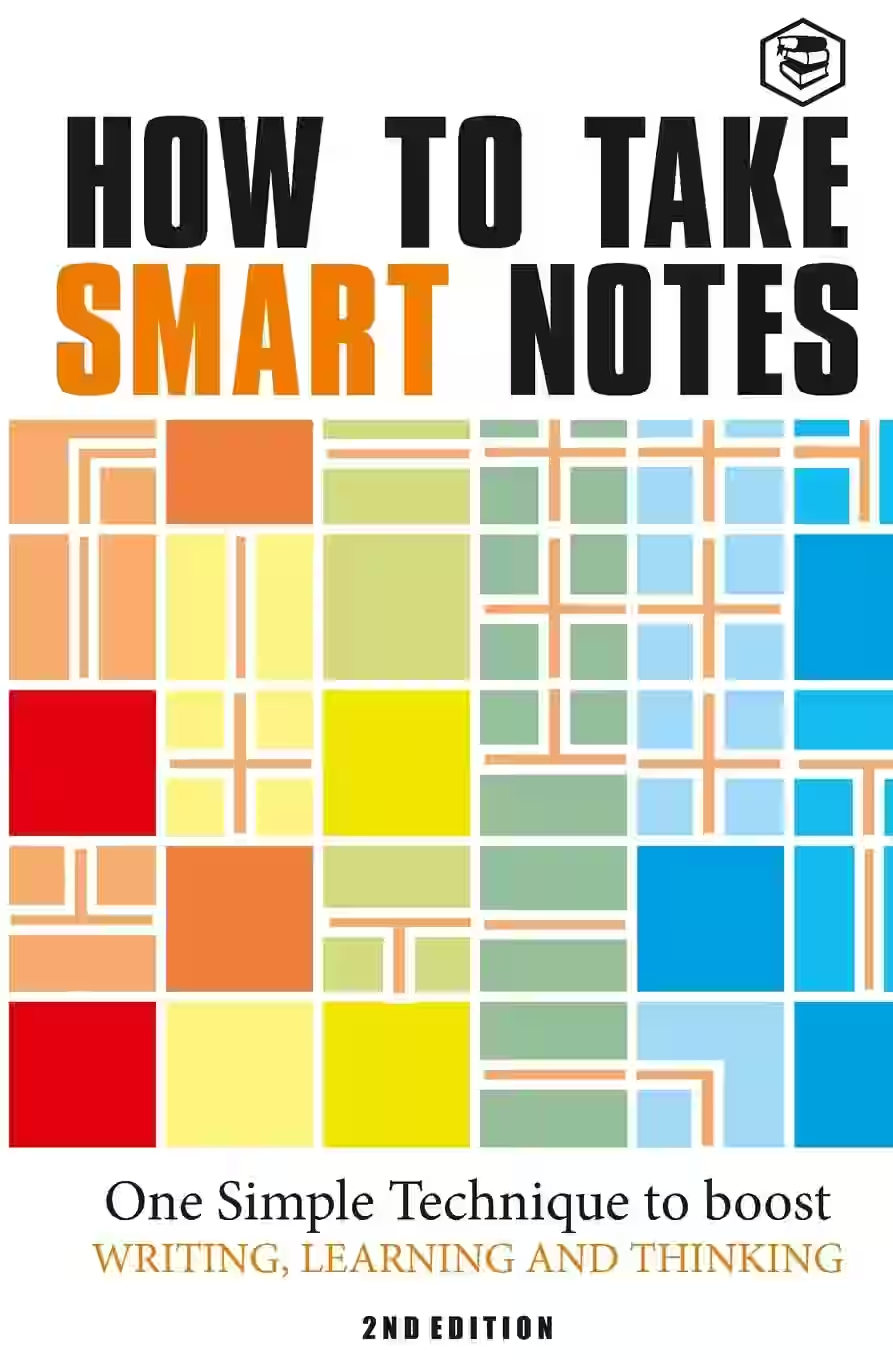
In 'How to Take Smart Notes' by Sonke Ahrens, readers are introduced to the transformative idea of the Zettelkasten note-taking method, a powerful system used by thinkers and creatives for centuries. Ahrens not only breaks down the step-by-step process of implementing this method but also delves into the psychology behind effective note-taking and knowledge management. Through practical examples and real-life applications, the book equips readers with the tools to enhance their creativity, critical thinking, and productivity. As readers navigate through the pages, they discover a new way of engaging with information that fosters deeper understanding and original insights.
About Sonke Ahrens
Sonke Ahrens is a German-born author known for his profound contributions to the field of literature and psychology. With a background in cognitive science and philosophy, Ahrens seamlessly weaves together complex ideas with captivating storytelling. His notable work, 'How to Take Smart Notes,' has garnered widespread acclaim for revolutionizing the way writers approach note-taking and research methods. Through his meticulous research and eloquent prose, Ahrens has left an indelible mark on the literary world, inspiring countless scholars and writers to embrace a more structured and effective approach to their creative process.
Similar Books
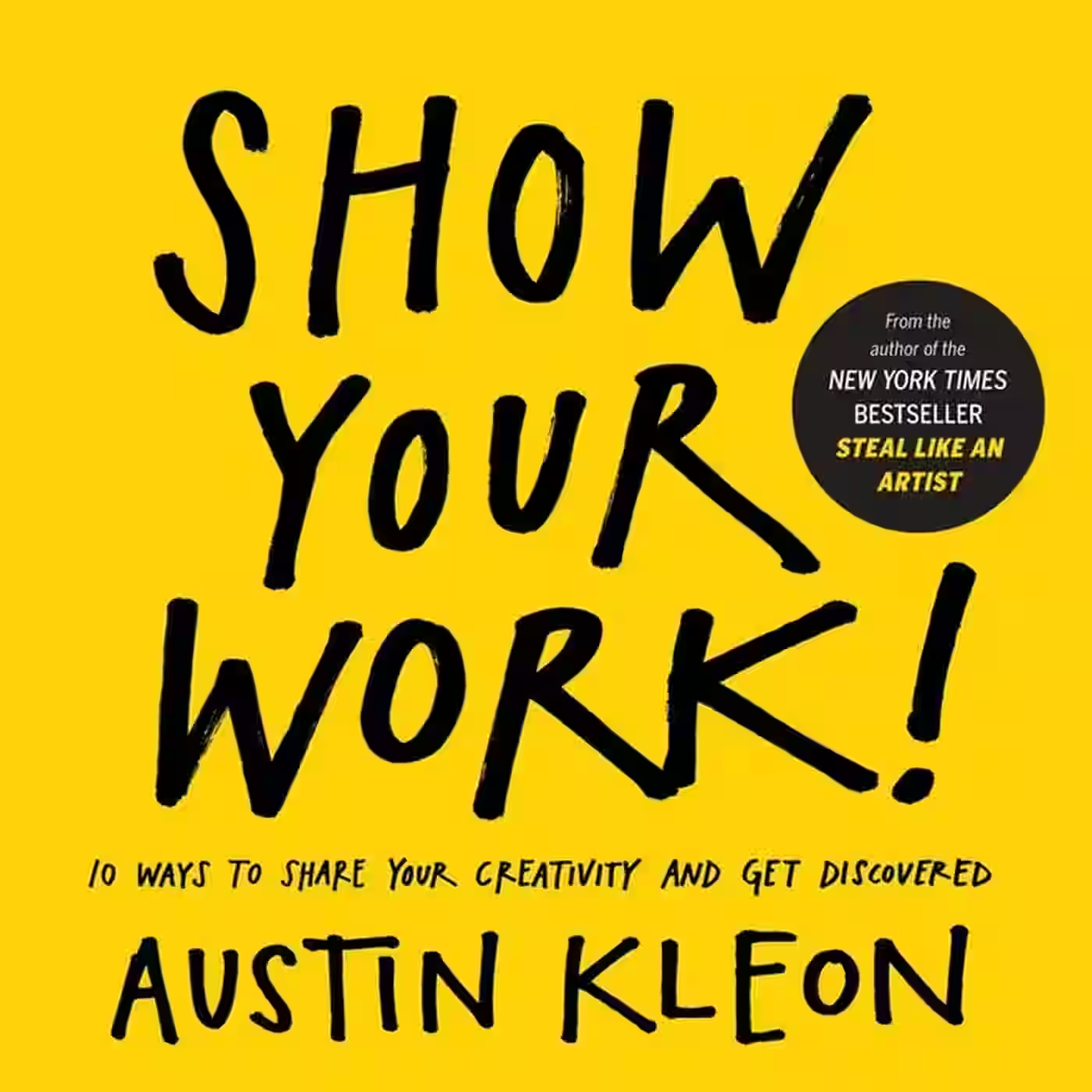
Show Your Work!
by Austin Kleon
In 'Show Your Work!', Austin Kleon encourages creatives to share their process and progress openly in the digital age. Through a blend of practical advice and inspiring anecdotes, Kleon emphasizes the importance of embracing vulnerability, building a supportive community, and connecting with like-minded individuals. By demystifying the creative journey and advocating for transparency in both success and failure, he empowers readers to cultivate their creative pursuits with authenticity and generosity. This book serves as a valuable guide for artists, writers, and anyone looking to establish an online presence while staying true to their artistic vision.
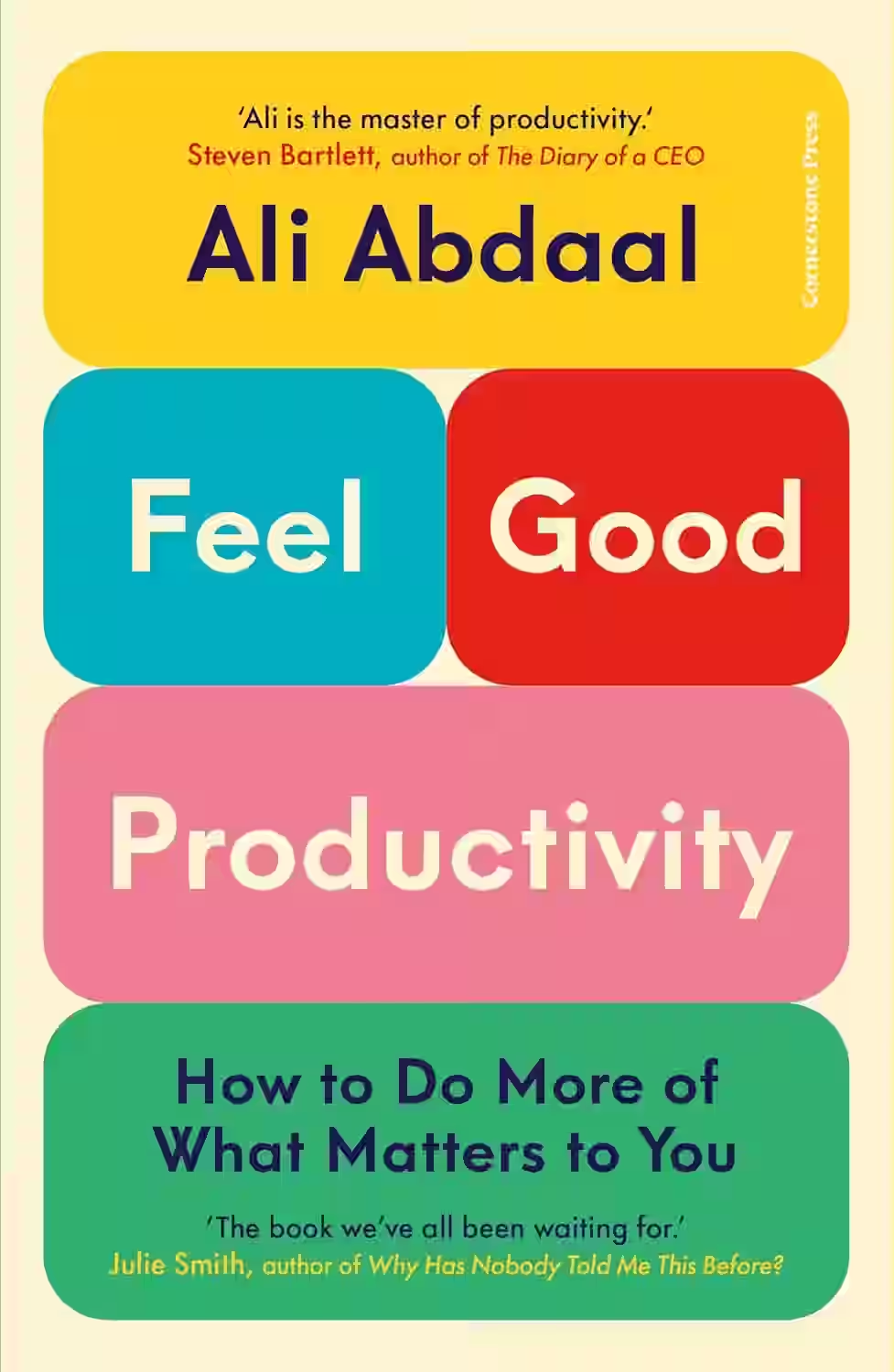
Feel-Good Productivity
by Ali Abdaal
In this revolutionary book, Ali reveals how the science of feel-good productivity can transform your life. He introduces the three hidden 'energisers' that underpin enjoyable productivity, the three 'blockers' we must overcome to beat procrastination, and the three 'sustainers' that prevent burnout and help us achieve lasting fulfillment. He recounts the inspiring stories of founders, Olympians, and Nobel-winning scientists who embody the principles of Feel-Good Productivity. And he introduces the simple, actionable changes that you can use to achieve more and live better, starting today.
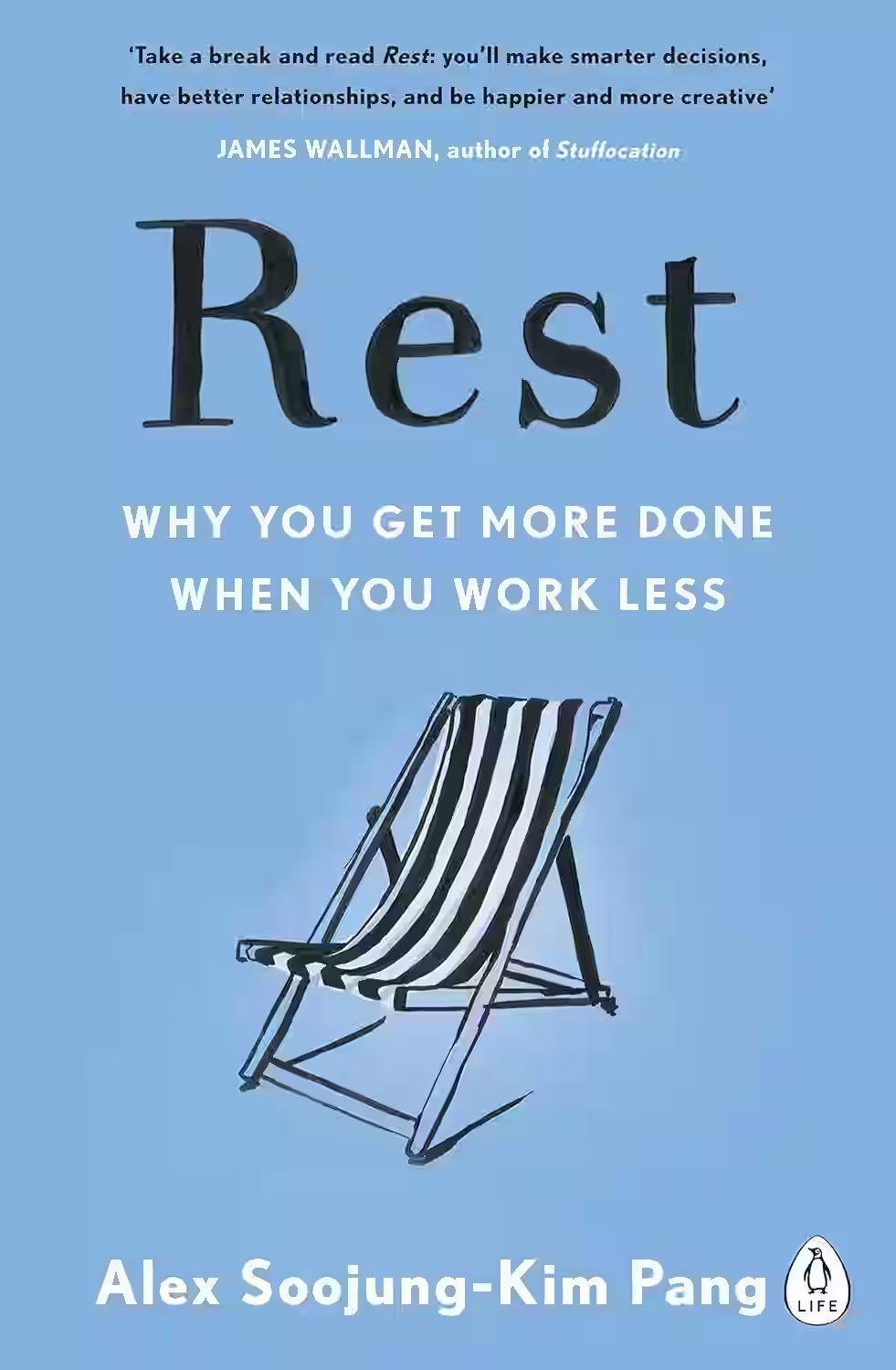
Rest
Learning how to rest- the smartest lifehack of all. In our 24-7 global economy, rest feels like a luxury at best and a weakness at worst. We see work and rest as competitors - but what if they're actually partners in a productive, balanced life? Blending rigorous scientific research with examples of writers, painters and thinkers - from Darwin to Stephen King - Silicon Valley futurist and business consultant Alex Soojung-Kim Pang exposes how we've underestimated the power of rest for our success. Though it's as natural as breathing, it's also a skill we can all learn to boost our creativity and productivity. Full of tips for upping our downtime, from sleep to hobbies to vacation, Rest is a new roadmap for finding renewed energy and inspiration, and getting more done.
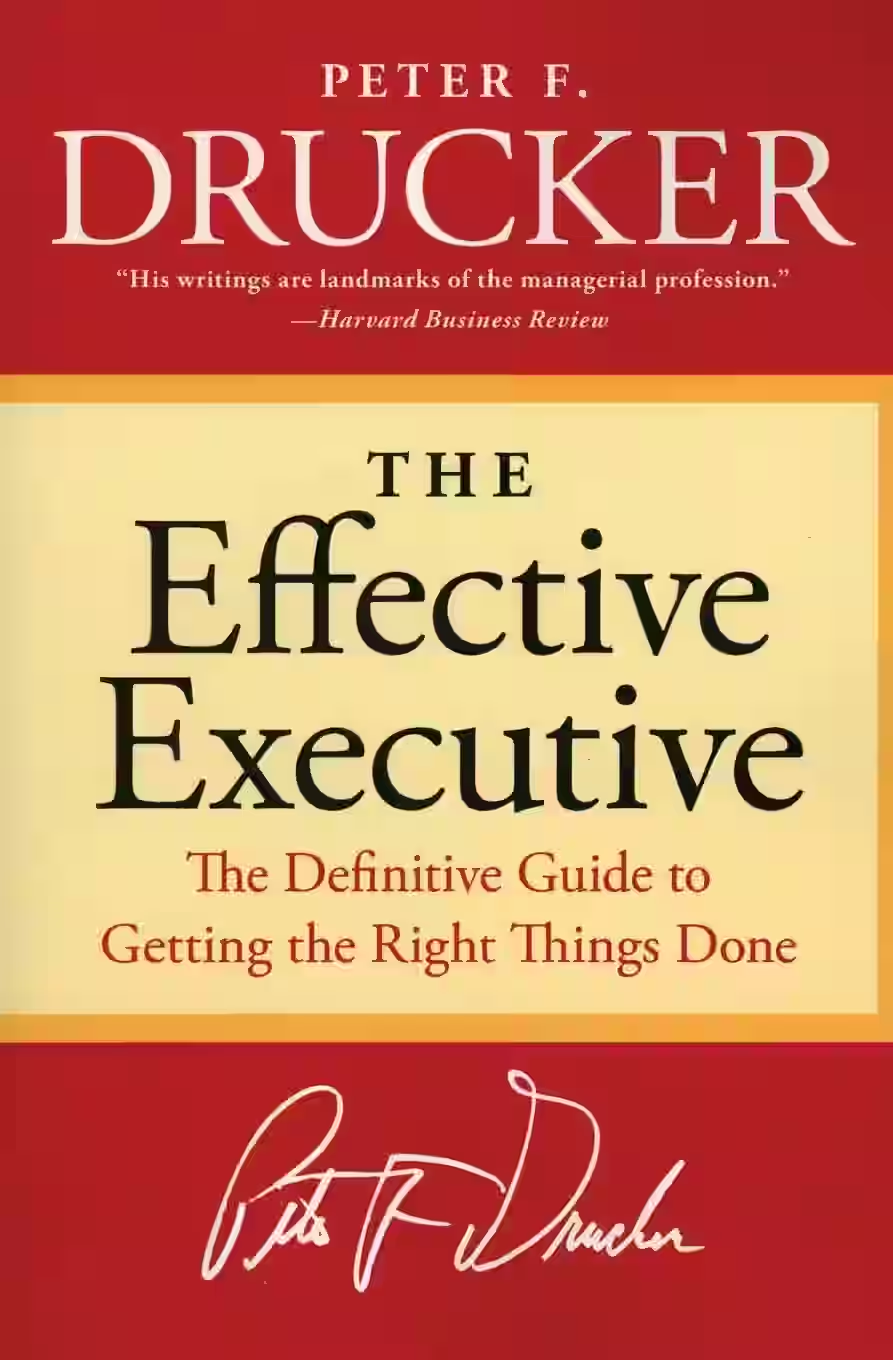
The Effective Executive
In The Effective Executive, Peter Drucker outlines the essential practices that make executives—and knowledge workers—more productive and impactful. Rather than focusing on charisma or innate talent, Drucker emphasizes disciplined time management, clear priorities, effective decision-making, and results-driven action. He argues that effectiveness is a skill that can be cultivated through habits such as knowing where time goes, focusing on contribution, and concentrating on a few key tasks. Written with clarity and timeless wisdom, this concise book remains a cornerstone of leadership and management literature, offering practical insights for professionals aiming to lead with focus, intention, and strategic purpose.